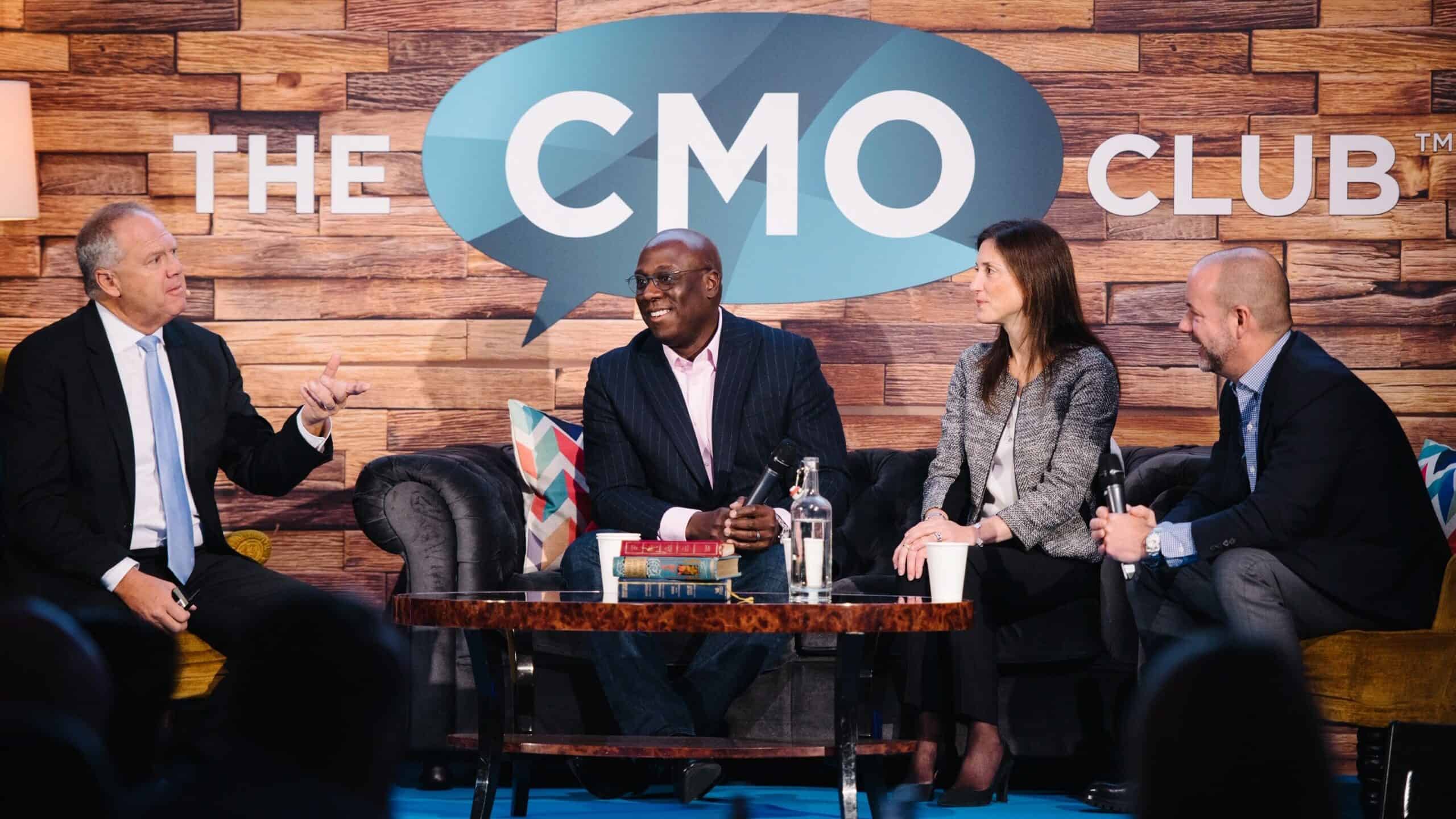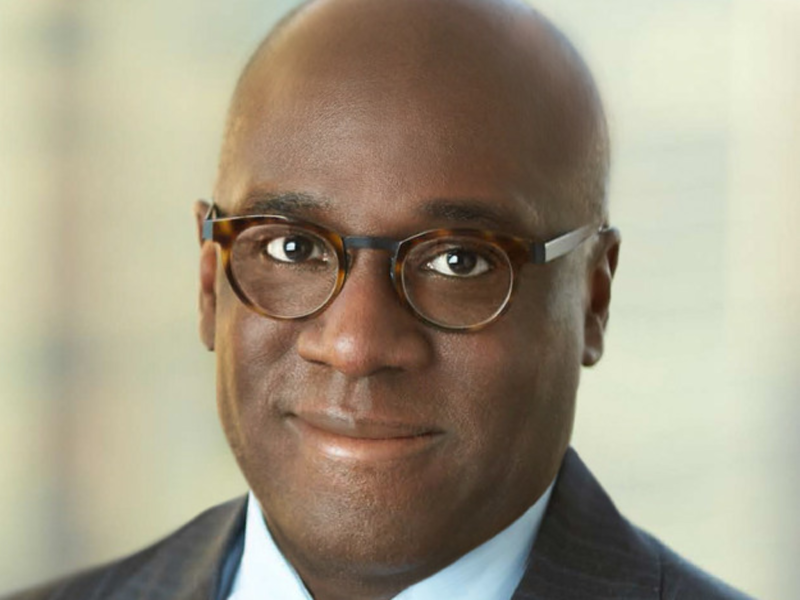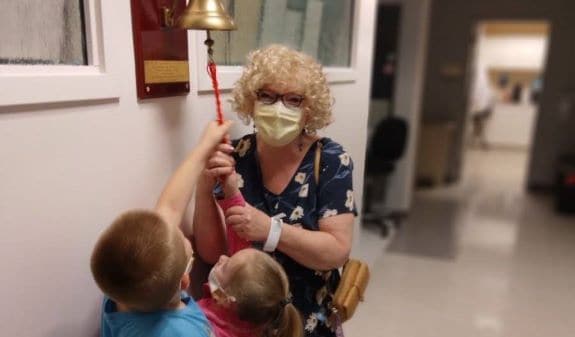
By Ed Dandridge, Chair of Susan G. Komen’s Board of Directors
Maya Angelou said, “…if you’re going to live, leave a legacy. Make a mark on the world that can’t be erased.”
Three years ago, I joined Susan G. Komen’s Board of Directors to support the mission of ending breast cancer in our lifetime.
As we celebrate Black History Month this year, Dr. Angelou’s words are a timely call-to-action for every American. Individually and collectively, this is a time to engage in candid and courageous conversations about the progress we have made – and the work yet ahead of us to create a truly equitable and inclusive society.
So why are we talking about breast cancer awareness during Black History Month? Because Black women are about 40 percent more likely to die of breast cancer than White women. Black women are often diagnosed at younger ages, at later stages and with more aggressive breast cancers leading to limited and costly treatments with poor prognosis. Addressing this pressing public health issue is foundational to Komen’s bold program, Stand for H.E.R. – a Health Equity Revolution.
Stand for H.E.R. is Komen’s nationwide commitment to collaborating with Black communities, policymakers, researchers and other key stakeholders to help create a world without inequities. Komen has been working to advance gender health equity for years, now we’ve doubled down on our efforts. Stand for H.E.R. is an excellent model of how to break down barriers to high-quality, accessible care in order to put an end to breast health inequities among many populations.
When I joined Komen, I forged a wonderful partnership with Paula Schneider, Komen’s president and CEO. I am honored to serve as Paula’s ally, her partner in “good troublemaking” as late U.S. Rep. John Lewis would say, and as her trusted counselor and advocate. I can think of no finer executive or transformative leader than Paula to lead our important work. Paula leads not only based on her own well-documented breast cancer journey, but based on her many years as a senior executive turning complex problems into opportunities for innovation and growth.
Whether I am recruiting new board members, speaking to our world-class team or enlisting donors, I point out that ending breast cancer in our lifetime is an investible proposition that could generate a limitless return. Here’s why: You can’t have a peaceful society without a stable and growing economy. You can’t have sustained economic growth without a fully deployed labor market. You can’t have a thriving labor market unless all communities are included. You can’t have prosperous communities without engaged families. You can’t have productive families without healthy women, who often serve as the family chief household procurement officer, the family chief financial officer and the family chief executive.
If curing breast cancer is so critical to our economic and national security, why hasn’t more progress been made over the years? The fact of the matter is that while steady progress has been made, it has not benefitted all communities. Historically, in under-resourced communities like the Black community, access to quality and compassionate medical care was a challenge not unlike residential redlining, which deprived Blacks of homeownership and the financial security it creates. Similarly, family medical history and records were often not well documented or shared.
For me, after taking in these tough truths and reflecting on my own family’s generational health issues, I recognized the importance of leading from the front on an issue that touches us all. With proper access to health services, breast cancer is a disease that can be screened for, detected and many times, successfully treated. For all the advances we’ve made, countless people are still dying simply because they did not have access to the care or information they needed. Awareness of the right resources and information alone could help prevent these deaths, and that is a crucial year-round need.
Leaving a legacy doesn’t always require dramatic action. Helping to put an end to breast cancer starts with having honest conversations with family members about breast health history so you’re better prepared to understand and manage your risk of breast cancer. Komen has great resources to help with these conversations and to help you know your risk so you can take charge of your health.
Health is wealth.
Ed Dandridge has served as the Chair of Komen’s Board of Directors for the past 3 years.




